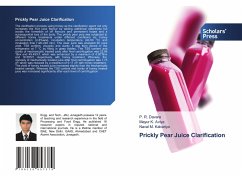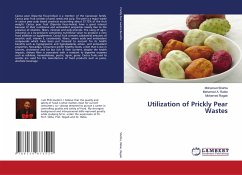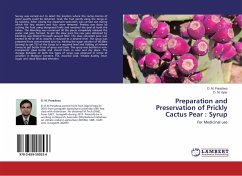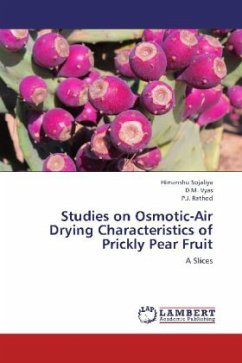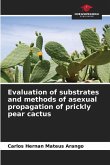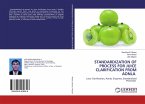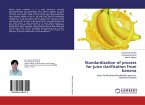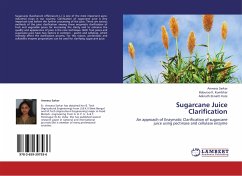The clarification process using honey as the clarification agent not only increases the fruit juice flavour by adding additional sweetness but avoids the formation of off flavours and permanent hazes and a subsequential loss of the body. The prickly pear pulp was subjected to different honey treatments under different conditions viz. honey concentration (2-6%w/w), incubation temperature (40-50 °C) and incubation time (120-240 min). The clear juice was analyzed for juice yield, TSS content, viscosity and clarity. It was then stored in the refrigerator at 7 °C by filling in glass bottles. The TSS content and clarity of mechanically treated juice after final centrifugation was 22.86 °Brix and 49.49%T, which was enhanced by a maximum of 4.00°Brix and 16.59%T, respectively, with honey treatment. Whereas, the viscosity of mechanically treated juice after final centrifugation was 1.73 cP, which was reduced by a maximum of 0.17 cP, with honey treatment. The yield of honey treated juice increased slightly than the mechanically treated sample. Whereas the TSS content and clarity of honey treated juice was increased significantly after each level of centrifugation.
Bitte wählen Sie Ihr Anliegen aus.
Rechnungen
Retourenschein anfordern
Bestellstatus
Storno

